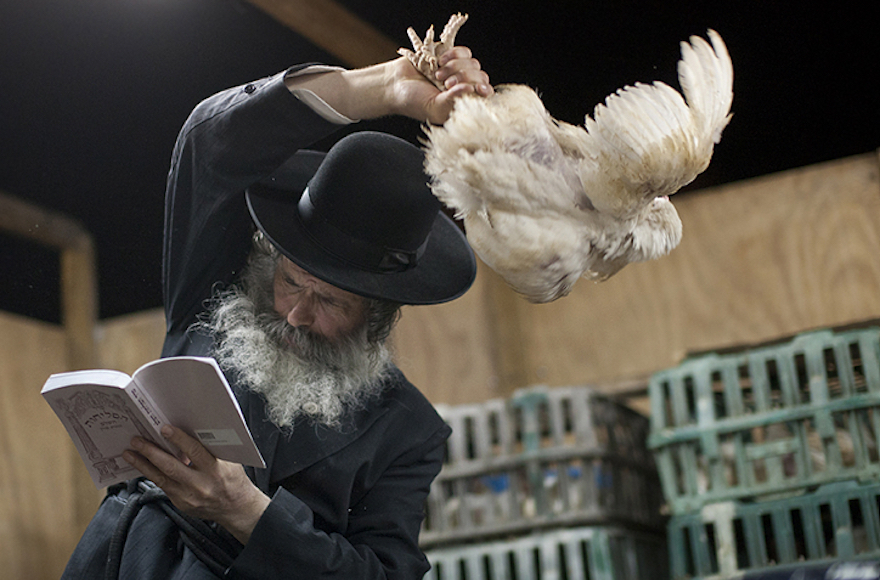Mindful
Diamond Member
- Banned
- #1
The Psychology of Ecstasy
Einstein called ecstasy 'the finest emotion of which we are capable'. Happiness is considered so important as to feature as an unalienable human right in the US Declaration of Independence. It is, however, a fuzzy concept that means different things to different people. On one level, it can be associated with a range of positive or pleasant emotions such as acceptance, contentment, gratitude, excitement, amusement, and joy. On another level, it can be thought of in terms of human flourishing or the good life. I have discussed happiness at some length in The Art of Failure, and do not propose to revisit the topic here. Instead, I will concentrate on euphoria and, in particular, on ecstasy.
The pinnacle of euphoria is ecstasy, which literally means ‘to be or stand outside oneself’. Ecstasy is a trance-like state in which consciousness of an object is so heightened that the subject dissolves or merges into the object. Einstein called it the ‘mystic emotion’, and spoke of it as ‘the finest emotion of which we are capable’, ‘the germ of all art and all true science’, and ‘the core of the true religious sentiment’.
One of my friends described the experience thus:
It felt like the fulfillment of my life, but, more than that, the fulfillment of all life, of life itself. It put everything into perspective and gave it all unity, purpose, and nobility... It’s completely changed me. Still today, everything I do—and, more importantly, don’t do—is grounded in that vision, grounded in that reality... It’s as if a channel of light and life has opened up in my mind. I feel more alert and alive, and often experience aftershocks of the original experience. These aftershocks can be set off by the smallest things: the song of a bird, the sun playing into a room, the fleeting expression on the face of a friend, or anything that suddenly reminds me that, yes, I am alive!
Hide and Seek
Einstein called ecstasy 'the finest emotion of which we are capable'. Happiness is considered so important as to feature as an unalienable human right in the US Declaration of Independence. It is, however, a fuzzy concept that means different things to different people. On one level, it can be associated with a range of positive or pleasant emotions such as acceptance, contentment, gratitude, excitement, amusement, and joy. On another level, it can be thought of in terms of human flourishing or the good life. I have discussed happiness at some length in The Art of Failure, and do not propose to revisit the topic here. Instead, I will concentrate on euphoria and, in particular, on ecstasy.
The pinnacle of euphoria is ecstasy, which literally means ‘to be or stand outside oneself’. Ecstasy is a trance-like state in which consciousness of an object is so heightened that the subject dissolves or merges into the object. Einstein called it the ‘mystic emotion’, and spoke of it as ‘the finest emotion of which we are capable’, ‘the germ of all art and all true science’, and ‘the core of the true religious sentiment’.
One of my friends described the experience thus:
It felt like the fulfillment of my life, but, more than that, the fulfillment of all life, of life itself. It put everything into perspective and gave it all unity, purpose, and nobility... It’s completely changed me. Still today, everything I do—and, more importantly, don’t do—is grounded in that vision, grounded in that reality... It’s as if a channel of light and life has opened up in my mind. I feel more alert and alive, and often experience aftershocks of the original experience. These aftershocks can be set off by the smallest things: the song of a bird, the sun playing into a room, the fleeting expression on the face of a friend, or anything that suddenly reminds me that, yes, I am alive!
Hide and Seek






